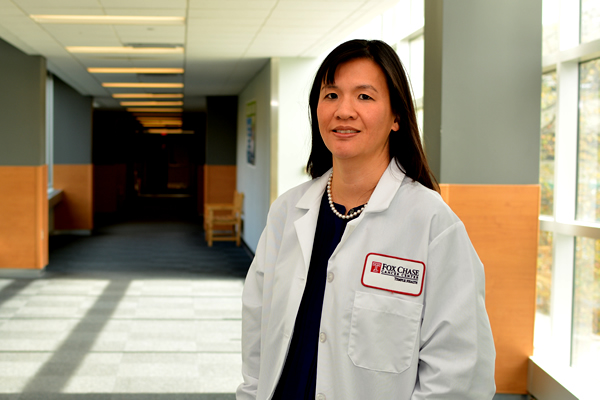PHILADELPHIA (May 24, 2016) — Researchers from Fox Chase Cancer Center – Temple Health have found that patients’ starting oral anticancer medications (OAM) can face delays in starting treatment due to the complexity of the processes needed to obtain these medications. These findings will be announced at The American Society of Clinical Oncology (ASCO) 2016 Annual Meeting.

“As payers and policymakers look for ways to provide quality care, they need to examine the difficulty patients and providers have in accessing necessary medications,” said lead study author Yu-Ning Wong, MD, program director of Genitourinary Medical Oncology at Fox Chase and an associate professor in the department of hematology/oncology. “The process is extremely complex and requires multiple steps that can delay care. Efforts should be made to streamline care so that patients receive treatment as quickly as possible.”
Wong and her colleagues conducted a retrospective review of patients’ charts in order to characterize potential delays in treatment.
Researchers compared the differences between oral anticancer medications using demographics, date of the OAM prescription, date of the first dose, number and reason for staff phone calls required to obtain OAM, co-pay amount and whether financial assistance was requested. Reviewing charts of 116 prostate cancer and kidney cancer patients with a median age of 65 and with 149 unique prescriptions, researchers found that the initiation of on-label OAM was a labor intensive process and that on average it took two weeks and five phone calls for a patient to start a drug from the time it was prescribed. Additionally, out-of-pocket costs were variable and required considerable staff effort to mitigate through financial assistance.